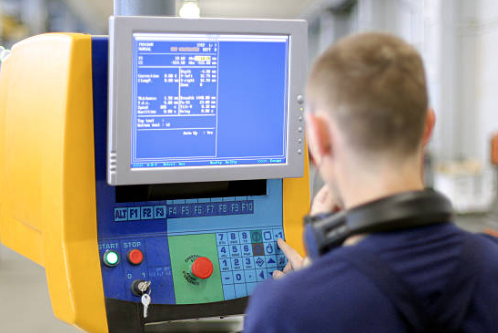
Posted on Saturday, September 28, 2024
A Roll Forming Machine Controls Engineer typically designs, programs, and maintains control systems for roll forming machines, ensuring that the machines operate efficiently and produce high-quality metal profiles. The job involves a combination of electrical, software, and mechanical engineering skills to integrate automation and improve machine performance.
This role is crucial in ensuring that roll forming machines run efficiently and produce precise, high-quality metal products, especially in industries such as construction, automotive, and industrial manufacturing.
4orequestAnimationFrame((function(){window.__oai_logTTI?window.__oai_logTTI():window.__oai_SSR_TTI=window.__oai_SSR_TTI??Date.now()}))
ChatGPT can make mistakes. Check important info.

Used Purlin Roll Forming Machines for Sale Worldwide
Posted on Sunday, January 25, 2026
Pre-Owned Roll Forming Machines for Purlin & Structural Steel Profiles

Used Roof Panel Roll Forming Machines for Sale Worldwide
Posted on Sunday, January 25, 2026
Pre-Owned Roll Forming Machines for Roofing Panel Production

Used Roll Forming Machines for Sale Worldwide
Posted on Tuesday, January 20, 2026
Pre-Owned Roll Forming Machines with Inspection, Verification & Global Support

Steel Coil Supply for Roll Forming Machines Worldwide
Posted on Tuesday, January 20, 2026
Reliable Steel Coil Supply for Roll Forming, Fabrication & Manufacturing Applications
Copyright 2026 © Machine Matcher.